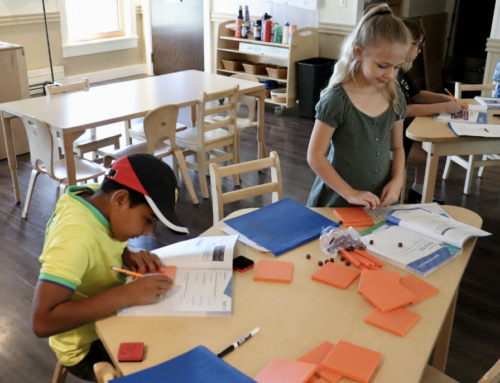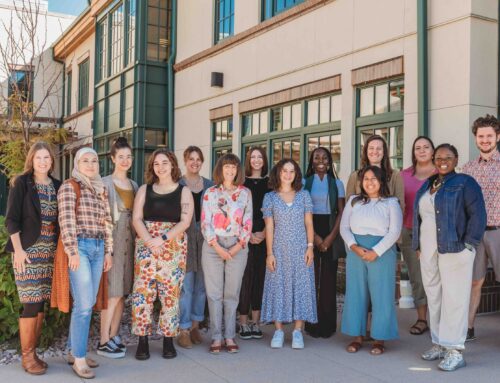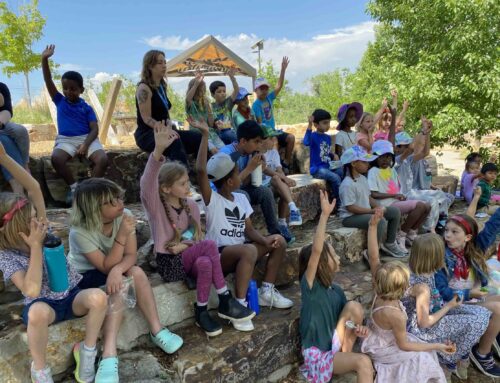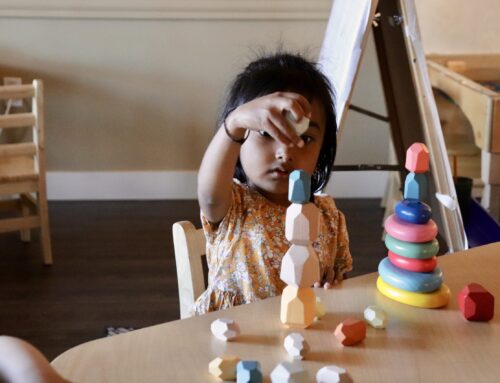Have you found yourself immersed in the deluge of nostalgia for Fred Rogers and his entrancing Neighborhood? From a new film starring Tom Hanks (‘A Beautiful Day in the Neighborhood’) to longform studies of his work as an artist (‘The Mister Rogers No One Saw’) to HBO carrying ‘Won’t You be My Neighbor?’, Mr Rogers seems to be everywhere. And while there is so much to celebrate about Mr Rogers and his relationships with young people, I want to draw special attention to the ways he imagined and performed time throughout his program.
I recently rewatched ‘Won’t You Be My Neighbor?’ with my mother and was intrigued to hear her discuss Mr Rogers’ tempo. “That’s why I couldn’t get into the show” she reflected, “it’s just too slow for TV.” There are definitely slow moments, but as the folks interviewed in the documentary identify, there is no wasted time. What an important observation to contemplate. What a way to spend time with children inside school and out.
I can see shots of Mr Rogers watching a turtle crawl across his television set lawn or feeding his fish in silence or even setting a timer for a minute to see what a minute really feels like. In ‘A Beautiful Day in the Neighborhood’ we get to witness Tom Hanks as Fred Rogers taking generous pauses in conversation and challenging his friends to just stop and think with him. Each of these moments identify a simple task that is best understood through focused experience. It takes time, dedicated time, to really get into a phenomenon, no matter how simple.
I see a direct connection between the intentionally pokey speed on ‘Mr Rogers’ Neighborhood’ and Cal Newport’s notion of Deep Work. Newport is a computer scientist at Georgetown University. In describing his approach to technology and culture on his website, Newport writes: “The ability to concentrate without distraction on a demanding task (what I call ‘deep work’) is becoming more rare at the same time that it’s becoming more valuable in the knowledge sector. As a result, those individuals and organizations who put in the hard work to cultivate this skill will thrive.” Nurturing the difficult skill of deep work comes at the expense of immediate results. It’s more than not answering emails whenever they arrive, it’s setting aside dedicated time to slow down and look deeply at a single problem or task in order to better understand it and discover best practices moving forward. It’s all about introspection and presentness in the moment. Ultimately, it nurtures reflection and growth in space that might be consumed by an obsession with the thereafter. At Compositive Primary, it’s why we have connected the concepts ‘reflect’ and ‘learn’ into a single capacity.
I am looking forward to finding more slow moments throughout our work and play this year at Compositive Primary. I hope you might join us as we work to discover opportunities for lackadaisical engagement and unhurried discoveries; inquiry through simple tasks and focused experience. It’ll help create the kind of neighborhood I’m excited about.
The researchers looked at 246 students in early elementary classrooms who had pre-service teachers read them specific, informational books with one of the three chosen methods. With an eye on children’s understanding and integration of specific vocabulary from the text, researchers discovered that the way a text is shared with children has an impact.
Check out Cal Newport’s discussion of deep work on NPR’s Hidden Brain.







